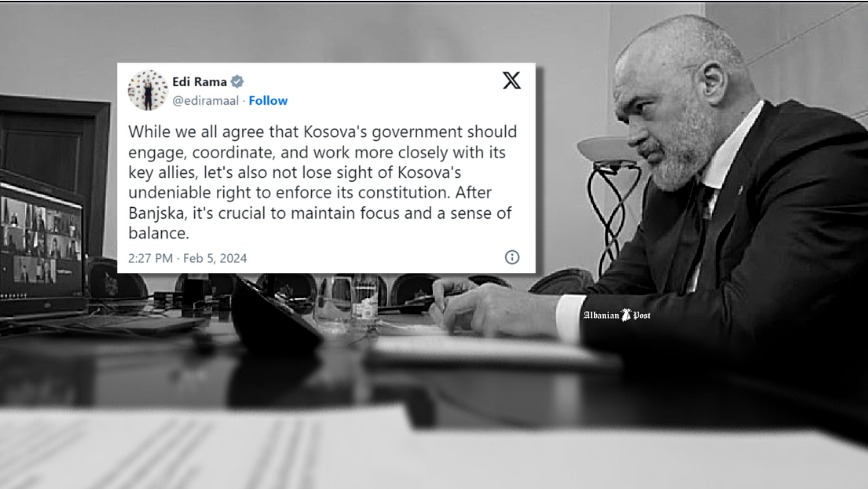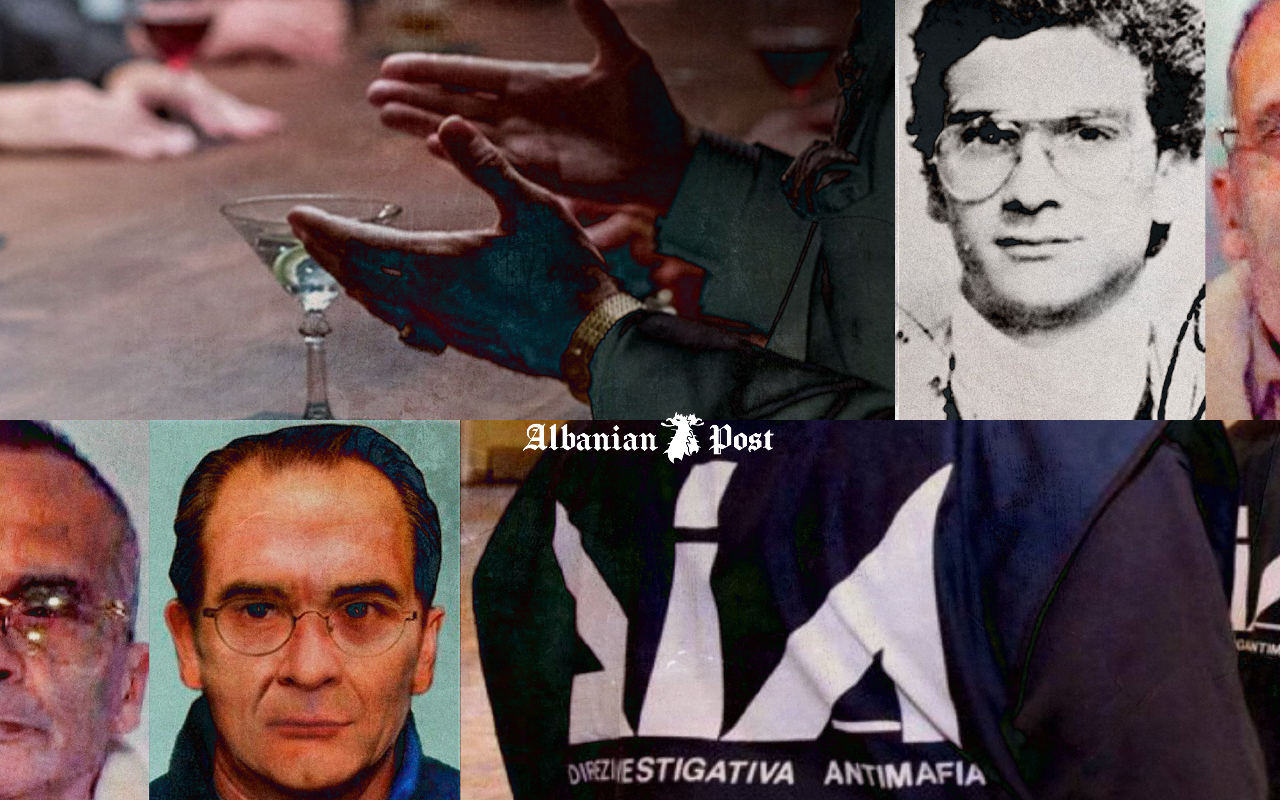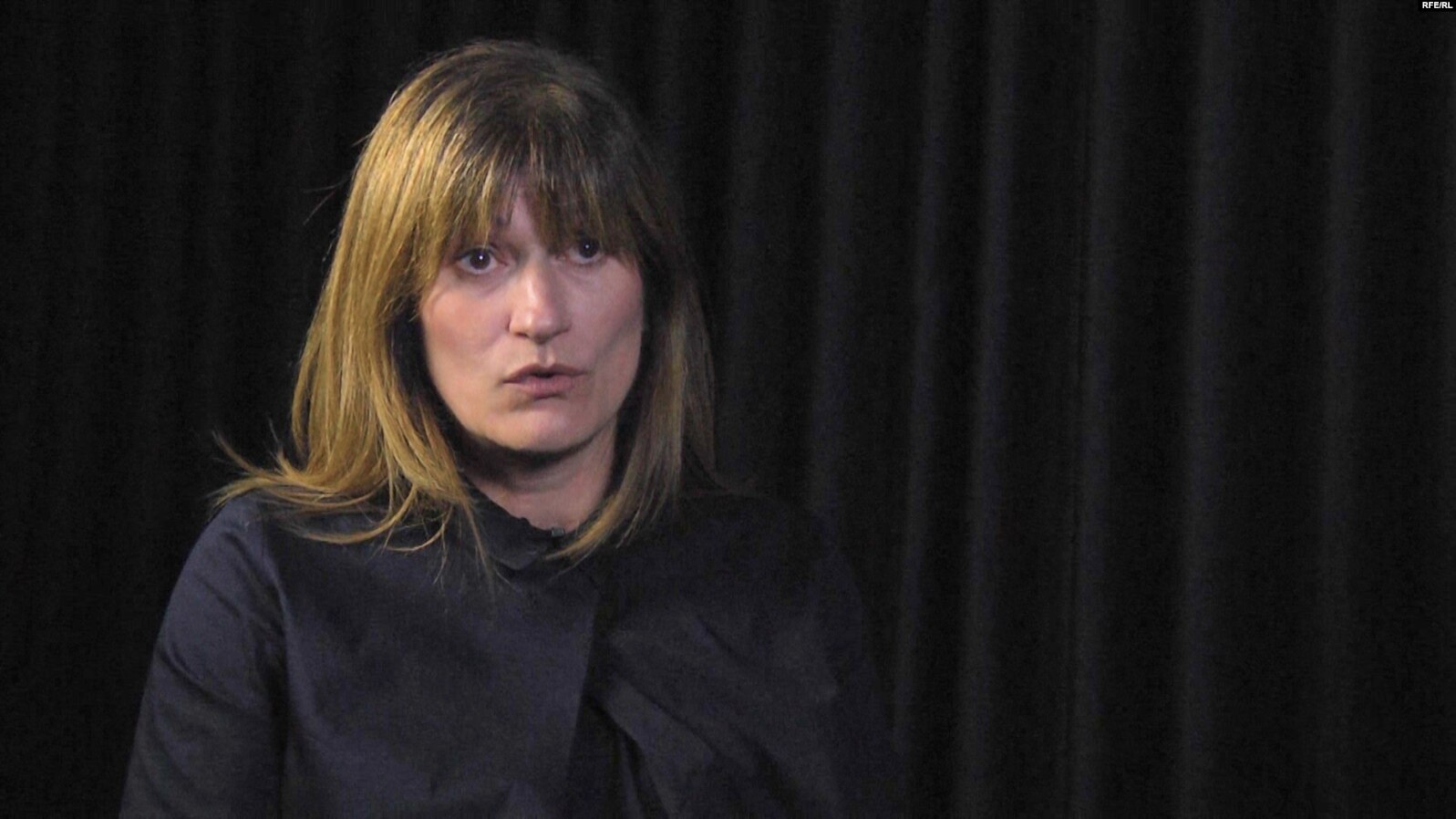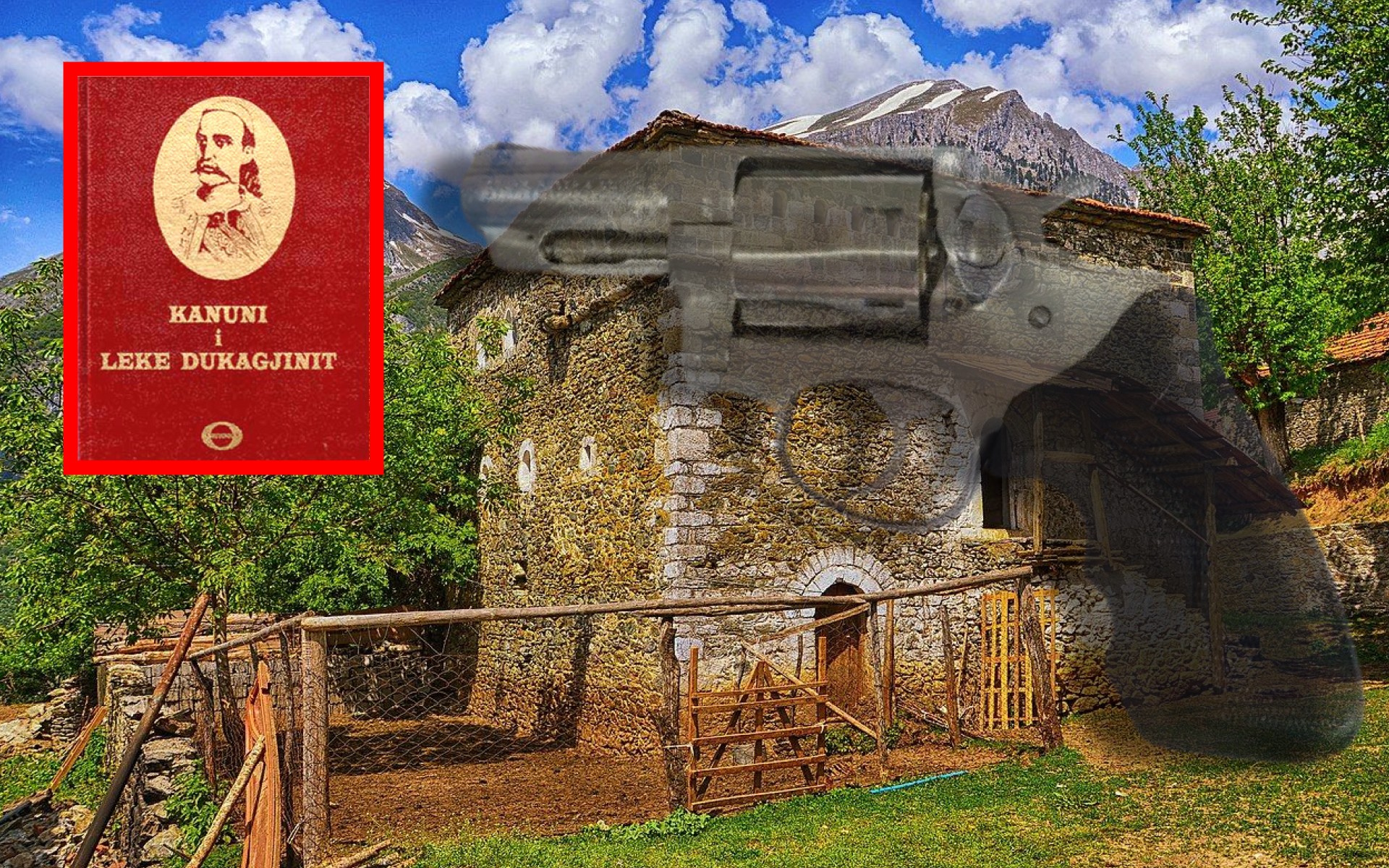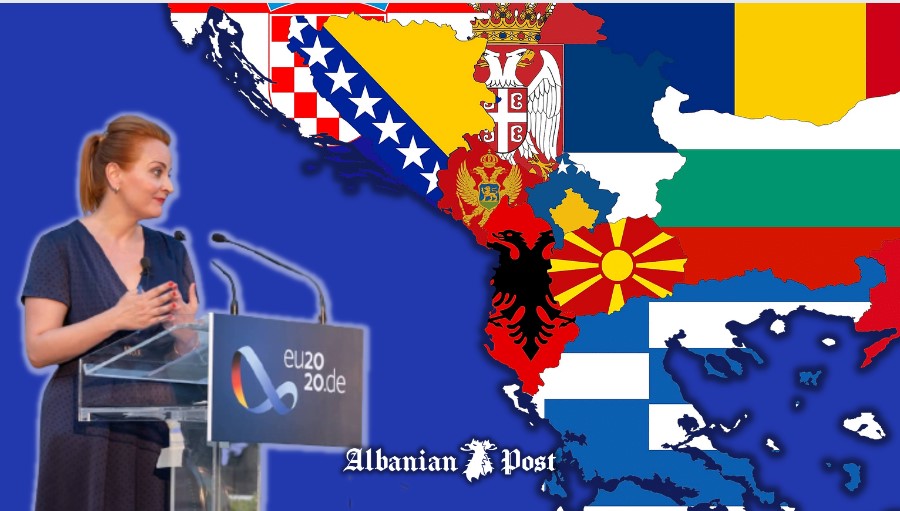Interview with Marc Rockwell-Pate, MCC spokesperson: “Compact” has strict deadlines, everything must be completed within 5 years – the process is led by the Government of Kosovo
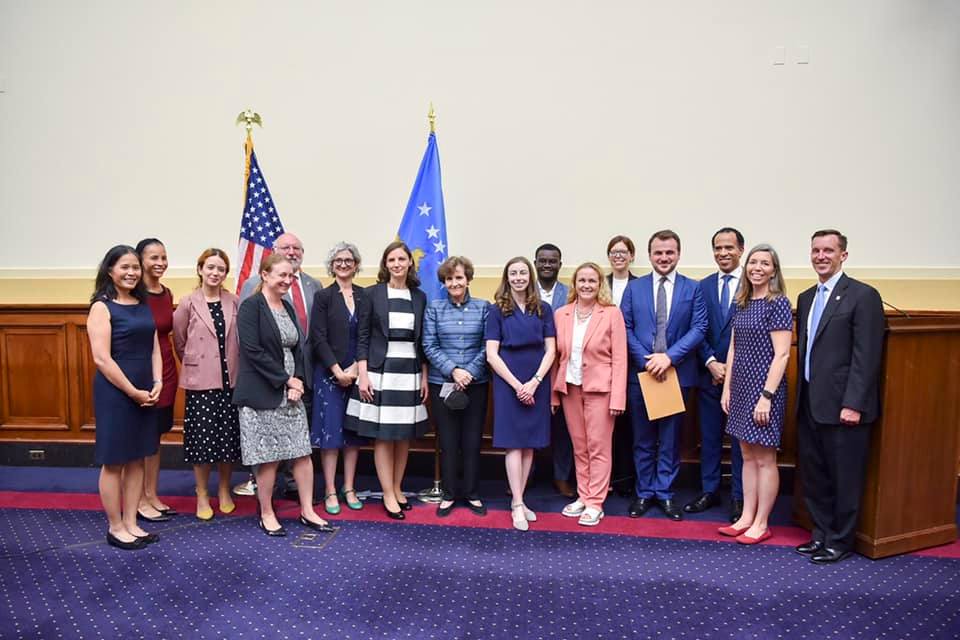
The money, the vast majority of it, is given by the Millennium Challenges Corporation (MCC), through the grant known as “Compact”, but the work on the ground is led by the Government of Kosovo, from the design of projects to their implementation within strict deadlines, said Marc Rockwell-Pate, MCC spokesperson, in a written interview for Albanian Post.
Kosovo and MCC signed a joint agreement of 236.7 million euros grant to help Kosovo make the transition in the field of electricity, which includes the construction of batteries that store energy, thus helping Kosovo greater flexibility in times of crisis and fluctuations, great prizes.
“From design to implementation, the Compact is led by the Government of Kosovo,” explained Rockwell-Pate.
“MCC experts work in close coordination with the partner country throughout the process to ensure that each ‘Compact’ meets our rigorous standards for design and implementation. Fund monitoring is a rigorous, transparent process, often managed by independent fiscal agents, and highly publicized for transparency and accountability,” stated the MCC spokesperson.
He also explained in detail how to proceed after the selection of the project in which the MCC then offers grants.
“After being selected by MCC’s board of directors to award a ‘Compact’ grant, MCC and selected partners begin a lengthy process of project development and analysis to ensure that each grant reaches its potential, economic growth that will be felt by everyone”.

“This is a process that is led by the partner (Kosovo in this case) where we work together with them to analyze the economy of that country, identify what is stopping development, define Compact projects and reforms. We then develop the program, negotiate, approve it and finally sign it”, Marc Rockwell-Pate told Albanian Post.
He adds that the entire procedure, in addition to being well analyzed, also specifies the deadlines, which must be respected precisely.
“Before the project starts to be implemented, MCC and the Government of Kosovo work together to finalize the technical plans for these large infrastructure projects. Once this is completed, MCC and the government operationalize it; which is the official start of the 5-year implementation. All MCC Compacts have a fixed term of 5 years once implementation begins, which means that all funds must be spent and all projects completed within this period”.
For this MCC fund, which constitutes one of the largest investments in the energy sector in Kosovo, there has been a great debate as to whose merits were for securing the cooperation first and then the signing that made the assistance possible.
The process started several years ago, but Marc Rockwell-Pate points out that the “Compact” and what happened earlier between the MCC and Kosovo are separate.
“The MCC board of directors selected the government of Kosovo for a smaller grant five years ago (49 million euros), but the US and Kosovo have a long history of friendship and stable partnership that is built on the values our democratic commons. The compact comes after the preliminary grant of 49 million dollars, but these are two different and independent programs”.
Rockwell-Pate is convinced that this “energy storage project will support the energy sector in Kosovo”, as it will enable “the transition to clean energy through large batteries that store current, which will help the country’s flexibility with electricity and cost reduction for Kosovars”.

What exactly does the agreement contain?
The program has three main points.
Energy Storage – The Energy Storage Project aims to create energy security, reduce energy prices and facilitate a transition to clean energy in the future by investing in a 350 megawatt energy storage system that can help fill energy gaps for long periods.
This is especially so in cases where, like last year, there are large movements in the energy markets of energy prices.
The program supports precisely the building of technical and administrative capacities supported by institutional and political reforms. Part of this point is the promotion of employment and entrepreneurship, especially for women in these sectors.
Energy Education and Training for All – The Just and Right Transition Acceleration Project will establish new programs that teach workers about new techniques in the energy sector and other related sectors. The program also includes education on gender equality practices within the energy sector. Also, technical assistance is provided to help increase the presence of women in the energy sector and in energy companies in Kosovo.
This will also be done by supporting these companies with training and monitoring the provision of opportunities for women.
Private Sector Sustainability – The American Development Catalyst Project will seek to promote additional investment in the private energy sector in Kosovo in cooperation with the American Development Corporation, by leveraging funds from the MCC and expanding private sector participation in energy investments in Kosovo stable.
MCC has signed such agreements with many other developing countries, such as the Compact agreement with Ghana last month worth $316 million. The program had started in 2016 and was closed by signature in 2022.
Last from the rubric
-

“Decision on Dinar – unfortunate and unnecessarily provocative”, interview of Albanian Post with Jonathan Moore
-

Albin Kurti’s eight fundamental problems
-

“History will record that the KLA and the United States were partners in preventing a genocide,” exclusive interview with James Rubin
-
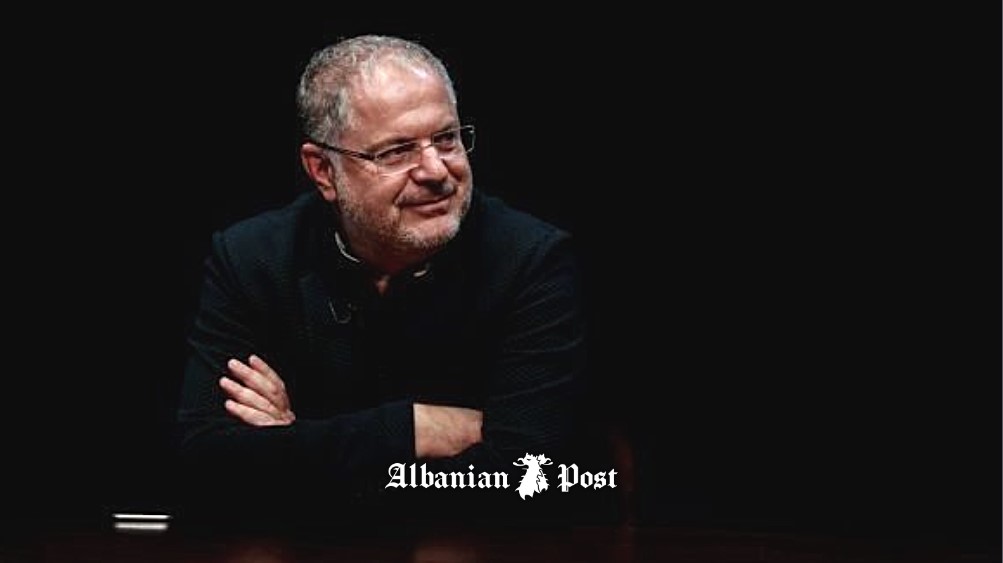
Short public letter to fellow journalists and civil society activists in Serbia, who are critical of Aleksandër Vucic as I am of Albin Kurti in Kosovo
